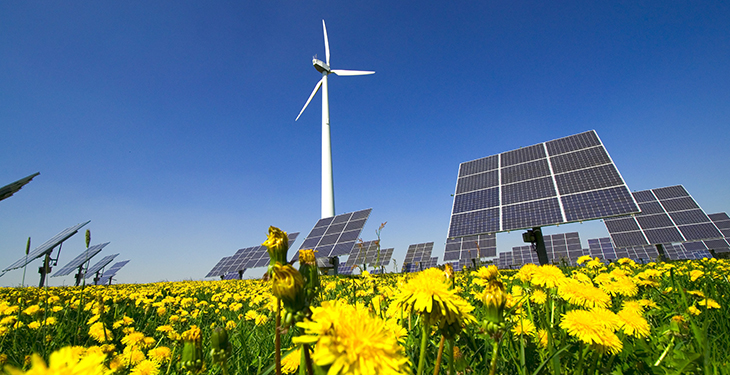Romania has proposed to reach a target of 30.7% for energy from renewable sources, from the total energy consumption, increasing from 27.9%, according to the new draft of the National Integrated Energy and Climate Change Plan 2021-2030, launched in public debate by the Ministry of Economy, Energy and Business Environment.
The EU aims to reduce domestic greenhouse gas emissions by at least 40% by 2030, compared to 1990; energy consumption from renewable sources of 32% in 2030; improving energy efficiency by 32.5% in 2030; interconnection of the electricity market at a level of 15% by 2030.
Accordingly, in order to ensure that these objectives are met, each Member State has been obliged to submit to the European Commission a Draft National Integrated Plan for Energy and Climate Change (PNIESC) for the period 2021 – 2030, until December 31, 2018. The projects PNIESC establishes national objectives and contributions to the achievement of EU climate change objectives, according to Agerpres.
Following the analysis of the integrated plans transmitted by all the Member States, it turned out that there is a gap between the EU objectives and the contributions of the Member States regarding renewable energy and energy efficiency: there is a difference between the 32% RES target assumed at EU level and the result according to these plans, which is between 30.4% and 31.9%.
